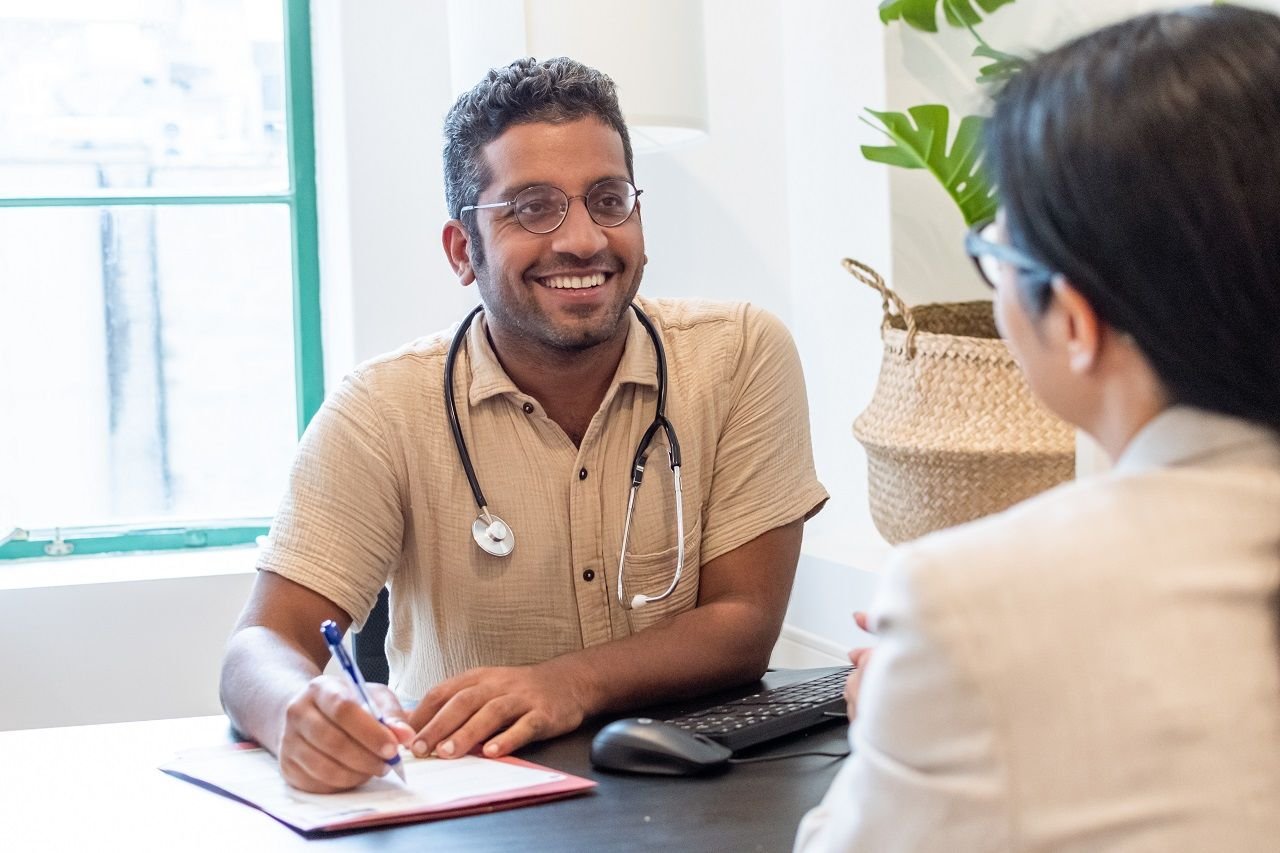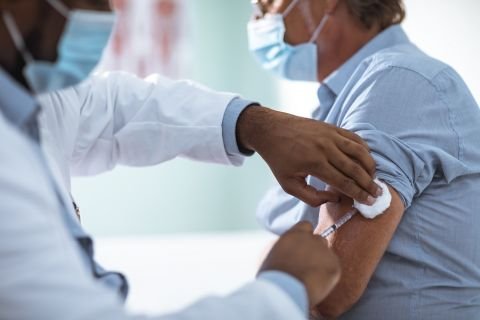Having trouble finding a GP? Is bulk billing to blame?
Some doctors are predicting that patients will have to pay more to see a GP because Medicare rebates are set too low. Could this be the beginning of the end for universal health care?

Key Points
- Doctors are charging patients more because federal funding does not cover their increasing costs.
- Fewer medical graduates are becoming GPs.
- A nurse shortage means doctors do more office work, leaving less time for patient consultations.
Recent news reports have featured the disappearance of General Practitioners (GP) willing to bulk bill their patients. Bulk billing means you do not have to pay to see the doctor because they accept the payment (rebate) under Medicare.
However, more and more doctors say the Medicare payment is so low they can no longer afford not to charge patients. They say bulk billing and reliance on the rebate means shutting the doors to hundreds of GP practices.
Now, doctors are warning that bulk billing or not, clinics are coming under further pressures, including rising costs of doing business. Under current arrangements, there are not enough doctors and practices to meet surging demand and rising costs.
In essence, doctors are warning we should expect to pay more to see a GP.
A HealthEd survey of almost 500 GPs found that 22 per cent had recently changed their billing model, meaning patients are facing higher out-of-pocket costs to see a GP. One-third of those who changed their billing model moved from bulk billing to mixed billing (a combination of bulk billing and private billing). While 67 per cent changed from mixed billing to completely private billing.
Rising practice costs and Medicare cuts are the key reasons for the billing changes. When asked the same survey question last year, just 10 per cent said they had recently changed their billing model.
RACGP President Adj. Professor Karen Price said that the figures were heading in the wrong direction.
“General practice is up against it, and unless government boosts investment in GP care, more and more practices will be forced to pass the cost on to patients,” she said.
“That is not a decision taken lightly, and no one relishes the thought of asking their patients to pay more. Particularly those struggling to make ends meet with the rising cost of living. But practices have no other choice because their costs are rising, and Medicare rebates simply haven’t kept pace with the cost of providing high-quality care. Our hands are tied. We need help desperately.”
The ABC recently reported Melbourne doctor Umber Rind started charging patients an out-of-pocket fee for a consultation last month, for the first time.
"We're the only essential service that's expected to discount everyone, and we'd love to, but we just can't do it anymore," she said.
The clinic now charges patients $30.90 for a standard 15-minute consult. They also receive a $39.10 rebate from the Federal Government per standard consult. That rebate went up by 1.6 per cent in July after being frozen for over a decade.
Dr Rind said a 1.6 per cent increase did not begin to cover the other cost increases her practice had to meet — like nurse's wages, rent and power bills.
She said a lack of doctors is to blame, particularly in outer metropolitan and rural areas.
West Brunswick doctor, Deb Wilson, confirms this and says a state-wide shortage of doctors has caused unfilled positions at her clinic.
She said that meant GPs were doing more paperwork and phone calls and had less time to see patients.
"I think that's the other thing with GPs, is the amount of work outside patient face-to-face time," she said.
She urged governments to do more to treat the causes of ill health, including poverty and a lack of housing, that see patients eventually end up in hospital.
"We have a universal insurance system, but not a universal health system."
Her colleague, John Stanton, has been a GP for 47 years and is about to retire. He's worried there are not enough young GPs coming through.
"When I graduated in 1972, about 60 per cent of medical graduates went into general practice. At the moment, it's about 16 per cent," he said.
Alastair Stark co-owned his medical practice in Melton. He said it was hard to make a bulk-billing general practice in the outer suburbs financially viable.
He said there were a lot of complex medical and physical health problems that take longer to treat. But his patients often cannot afford to pay an out-of-pocket fee.
"To spend that little bit of extra time with the patients does cost the practice more."
Shumaila Panhwar said about 80 per cent of the patients she saw in Melbourne's north required mental health care, especially since the start of the pandemic. She said it was hard to see those patients in just 15 minutes.
"It's more complex because you can't do cookie-cutter medicine with mental health. It's not a sprained knee or gout," she said.







